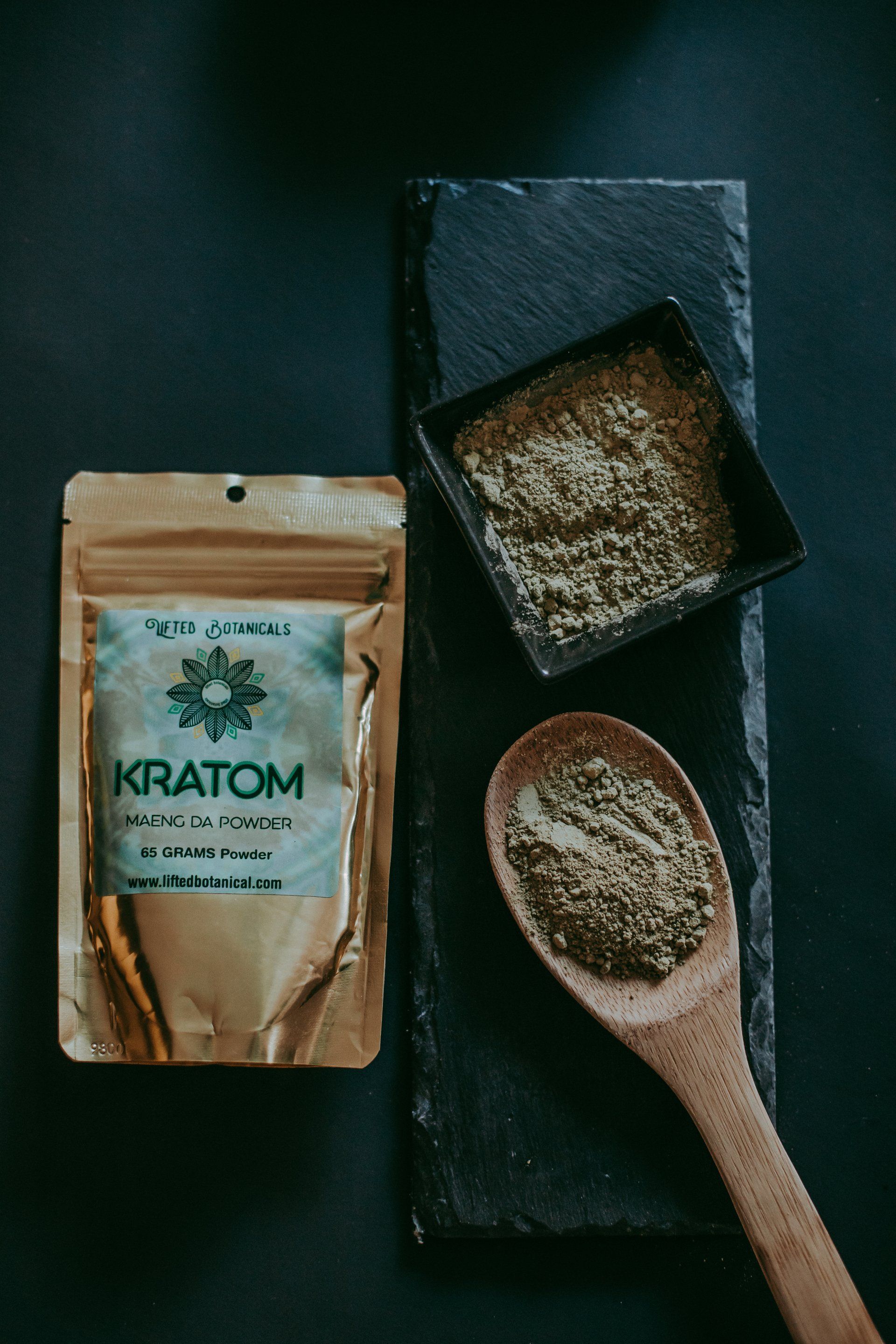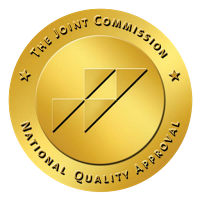If you or a loved one are struggling with drug or alcohol addiction call Sanctuary Recovery Centers in Phoenix, Arizona to get the best treatment plan to start the healing process.
Get Help With Your Addiction

Things Not To Say To An Alcoholic
September 20, 2023
Alcoholism, also known as alcohol use disorder (AUD), is a chronic disease characterized by an uncontrollable urge to consume alcohol, despite its harmful consequences. It’s imperative to approach individuals with AUD with compassion and understanding. This requires avoiding certain comments that might inadvertently hurt, judge, or belittle them.
Empathy Over Judgment
It’s crucial to remember that alcoholism is not a choice or a sign of weakness. It is a complex health issue that intertwines genetic, psychological, and environmental factors. When interacting with someone with AUD, empathy should be at the forefront, not judgment.
Phrases to Avoid
Why can’t you just stop drinking?
This question oversimplifies the nature of addiction. The compulsion to drink for someone with AUD goes beyond mere willpower. They might want to stop, but find it incredibly challenging due to physical and psychological dependencies.
You don’t look like an alcoholic.
Alcoholism doesn’t have a specific appearance. It affects people from all walks of life, regardless of their socioeconomic status, race, age, or gender. Such a statement perpetuates harmful stereotypes.
Everyone drinks. It’s not a big deal.
Minimizing the gravity of someone’s struggle is dismissive. For someone with AUD, alcohol consumption isn’t just a casual activity; it’s a daily battle.
You’re just being selfish.
It’s important to distinguish between the individual and the disease. While their actions might seem selfish, it’s often the addiction driving these behaviors, not the person’s core character.
I drink all the time and I’m not an alcoholic.
Comparing drinking habits can be harmful. Each person’s relationship with alcohol is unique, and what might be moderate drinking for one can be problematic for another.
Positive Ways to Support
Instead of potentially harmful statements, consider the following supportive approaches:
Talking With Your Loved One Like A Person
Talking with your loved one as a person instead of an alcoholic helps them differentiate their pain from their reality. Most alcoholics have underlying trauma. Compassion and understanding that one person’s 3 pain level is another person’s 10. If you want to help your loved one beat alcoholism you need to help them feel like a person worth love.
Why Positive Affirmations Help Alcoholics Beat Alcoholism
Alcoholism is a complex and multifaceted condition that affects not only the physical well-being of an individual but also their psychological and emotional health. Overcoming alcoholism often requires a combination of medical, therapeutic, and personal strategies. One of the tools that has gained prominence in addiction recovery is the use of positive affirmations.
Here’s why they are effective:
Reprogramming the Mind:
At its core, alcoholism can be deeply rooted in negative self-beliefs and harmful thought patterns. Positive affirmations serve as a tool to counteract these negative beliefs and rewire the brain with more constructive and uplifting thoughts.
Boosting Self-esteem:
Many alcoholics struggle with low self-esteem and feelings of unworthiness. Regularly reciting positive affirmations can help rebuild their sense of self-worth, reminding them of their inherent value and potential.
Encouraging a Forward Focus:
Positive affirmations are future-oriented. They inspire hope and motivate individuals to envision a life free from the shackles of alcohol, driving them towards that goal.
Reducing Stress:
Stress is a significant trigger for many alcoholics. Positive affirmations can cultivate a calmer mind, reducing feelings of anxiety and stress which can, in turn, decrease the urge to drink as a coping mechanism.
Fostering Resilience:
The road to recovery is often fraught with setbacks. Positive affirmations can help build resilience, enabling individuals to bounce back from relapses or challenges more effectively.
Enhancing Therapy:
When used in conjunction with therapy, affirmations can reinforce the lessons and insights gained during sessions. They serve as daily reminders of therapeutic goals and progress.
Creating a Supportive Inner Dialogue:
One of the most significant battles faced by those recovering from addiction is the internal one. Positive affirmations help cultivate a more supportive and encouraging inner dialogue, which can be pivotal in moments of temptation or doubt.
While positive affirmations are not a standalone cure for alcoholism, they can be a potent tool in the arsenal of recovery strategies. Coupled with other interventions like therapy, medical treatment, and support groups, they can play a crucial role in helping individuals reclaim their lives from the grip of alcoholism.
Replacing Pain With A Different Hobby: How It Helps Alcoholics Overcome Addiction
When grappling with addiction, the struggle is more than just physical; it’s emotional and psychological. One of the most effective strategies in combating alcoholism is channeling the energy and emotions that drive someone to drink into more productive and fulfilling pursuits. Replacing the ‘pain’ or void that alcohol fills with a different hobby can be transformative. Here’s how this approach aids those battling alcoholism.
The Role of Emotion and Habit
Many individuals turn to alcohol as a coping mechanism, whether it’s for stress, trauma, loneliness, or boredom. For many, drinking becomes a ritual—a way to numb pain or fill an emotional void. By understanding this, we can see how replacing this ritual with a hobby can disrupt the cycle.
The Power of Distraction
Engaging in a hobby distracts the mind from cravings and negative emotions. Whether it’s painting, playing a musical instrument, gardening, or even just taking long walks, these activities provide an immediate and tangible focus. Over time, the brain starts associating pleasure and reward with the new hobby rather than with alcohol.
Building New Neural Pathways
When we repeatedly engage in an activity, our brain forms neural pathways that make it easier to continue that activity in the future. The more someone indulges in their hobby, the stronger these pathways become, making it more natural and enjoyable to choose the hobby over alcohol.
Boosting Self-Esteem and Purpose
Picking up a new hobby often comes with a sense of accomplishment. Whether it’s mastering a new song on the guitar, completing a painting, or growing a beautiful garden, these achievements boost self-esteem. This renewed sense of purpose and pride can be instrumental in bolstering the willpower needed to resist alcohol.
Creating a Supportive Community
Many hobbies come with their own communities—groups of like-minded individuals who share a passion. By immersing oneself in such communities, individuals can find a new circle of friends who support their sobriety and share healthier ways of dealing with life’s challenges.
The Path Forward
Understanding alcoholism and the challenges it presents is the first step in offering meaningful support. By avoiding judgmental or belittling comments and instead focusing on empathy and encouragement, we can help individuals with AUD navigate their journey to recovery.
Knowledge is the foundation of compassion. By informing ourselves and adjusting our language, we not only support those with AUD but also contribute to a more understanding and empathetic society.
Seeking Professional Help
The post Things Not To Say To An Alcoholic appeared first on Sanctuary Recovery Centers.











